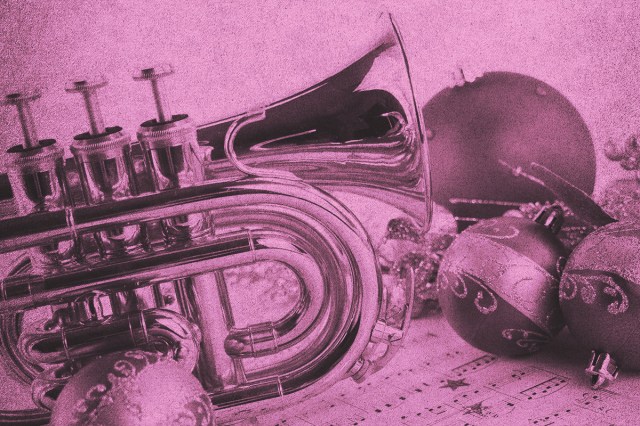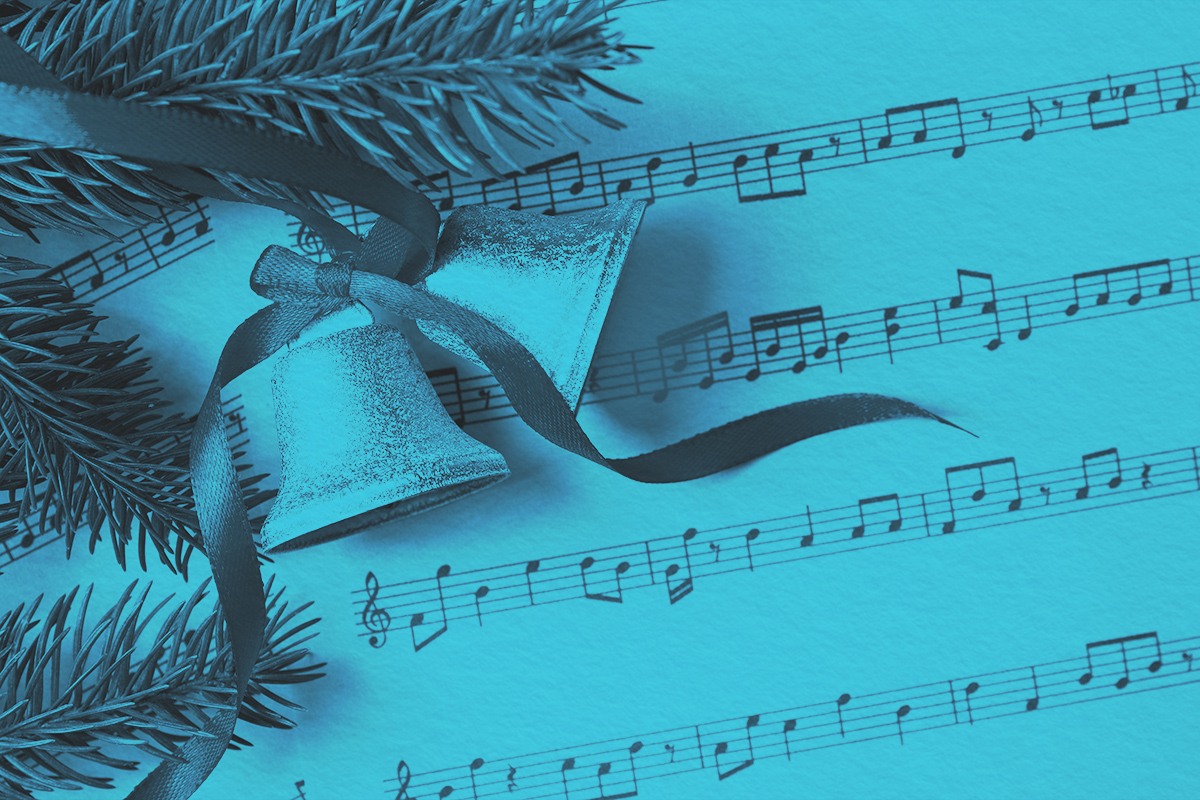
As the holiday season unfolds, it’s hard not to be swept up in the wave of festive traditions, which is how I found myself mindlessly humming a familiar Christmas tune: “Hark! The Herald Angels Sing.” I’ve heard it countless times — it reverberates through shopping malls, TV commercials, and holiday films all season long — but I’ve never fully understood what the verb “hark” means. As I was curious about the definition of a word I sing every year, I did some digging and discovered that “hark” is not a word sung by angels — it’s an imperative call to action.
When Charles Wesley wrote this hymn in 1739, he used the term “hark” as a command meaning “listen” or “pay attention.” In this context, Wesley is urging listeners to pay attention to the angels’ forthcoming song. This definition has remained consistent for centuries, originating from the Old English word heorcian (meaning “to hearken” or “to listen”). While not commonly used today, “hark” has been used historically as a literary and poetic device to add urgency and drama.
Shakespeare frequently used it to capture the attention of the audience. In “Macbeth,” for instance, an assassin calls out, “Hark, I hear horses” — a dramatic moment that precedes Banquo’s death. Similarly, in “Titus Andronicus,” Titus commands, “Hark, villains, I will grind your bones to dust,” drawing attention to the importance of the moment. In these cases, “hark” heightens the drama and foreshadows important events.
The evolution of “hark” continued through the 19th century as the term was adopted by hunters who shouted “hark” to their hounds as a command to reorient and pick up a lost scent. From this usage came the modern phrase “hark back,” meaning “to return to a previous point,” as in, “They kept harking back to the decision made during last week’s meeting.” In a more critical context, the verb phrase “hark at” evolved to express disapproval. For instance, “Hark at him. He’s acting like he knows everything!” In this case, “hark at” intends to criticize, akin to saying, “Listen to that!” with an air of judgment.
Despite its transformation over the last thousand years, at its core, “hark” still means “listen to.” While it’s not often used in everyday conversation, its enduring presence in literature and holiday music encourages us to pay attention to the important things.

















